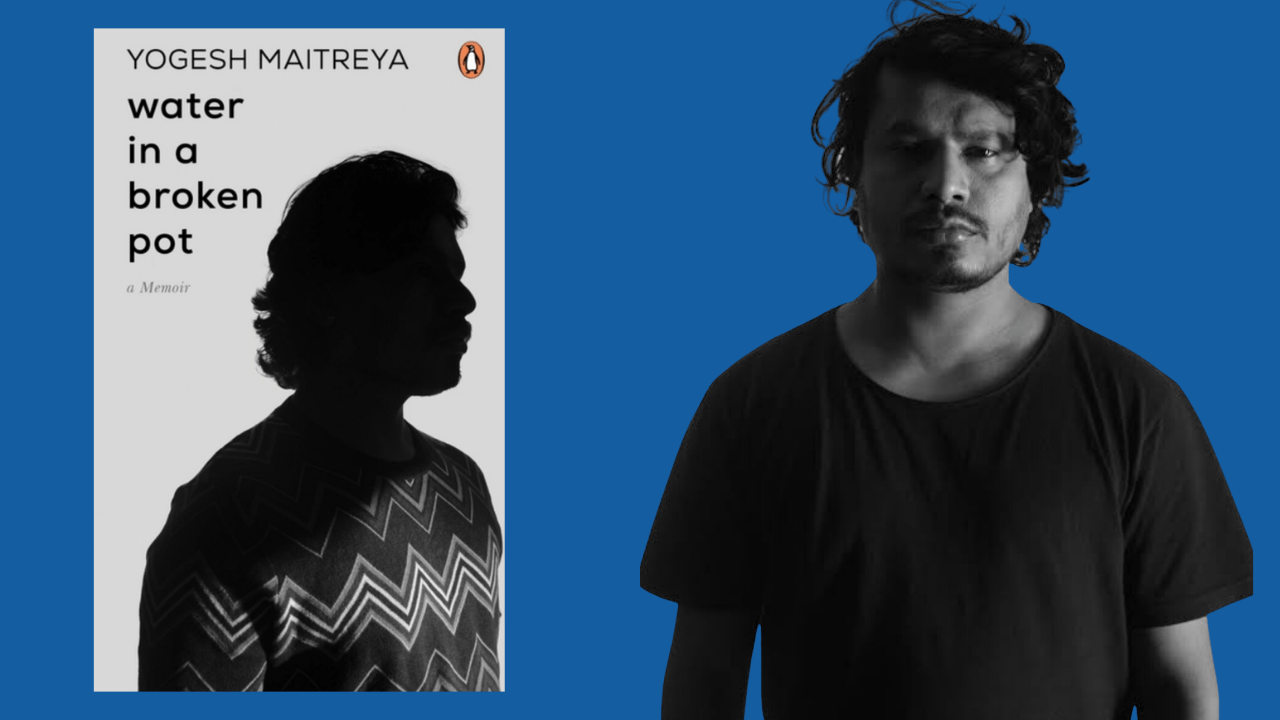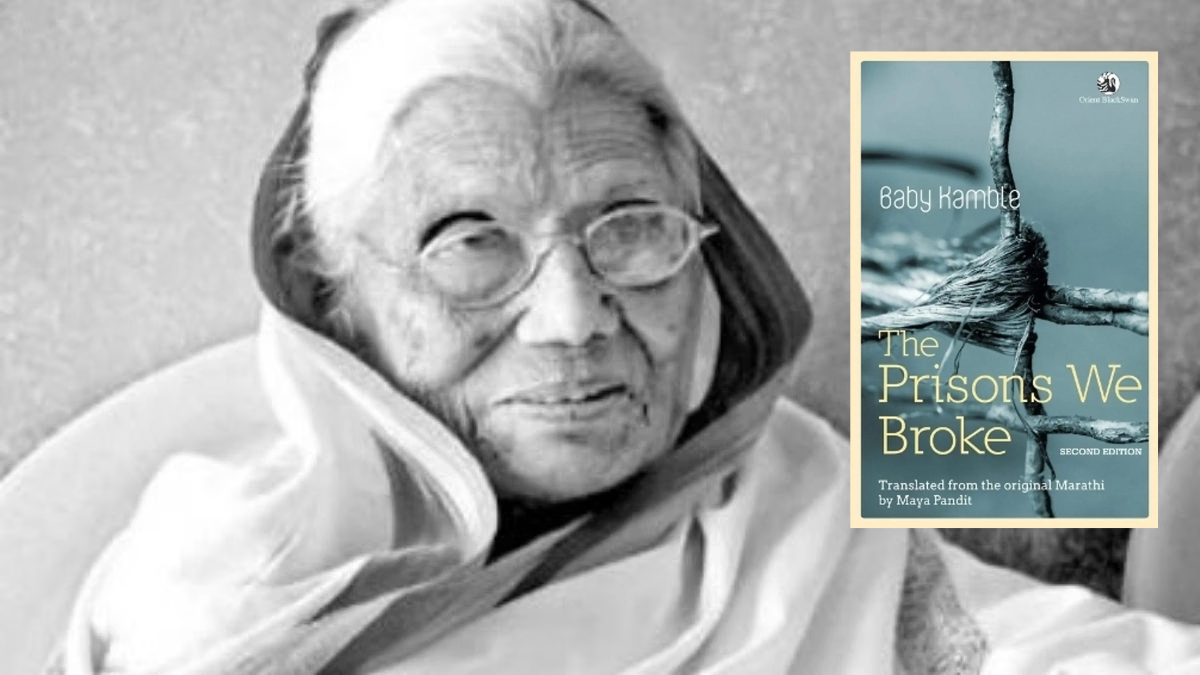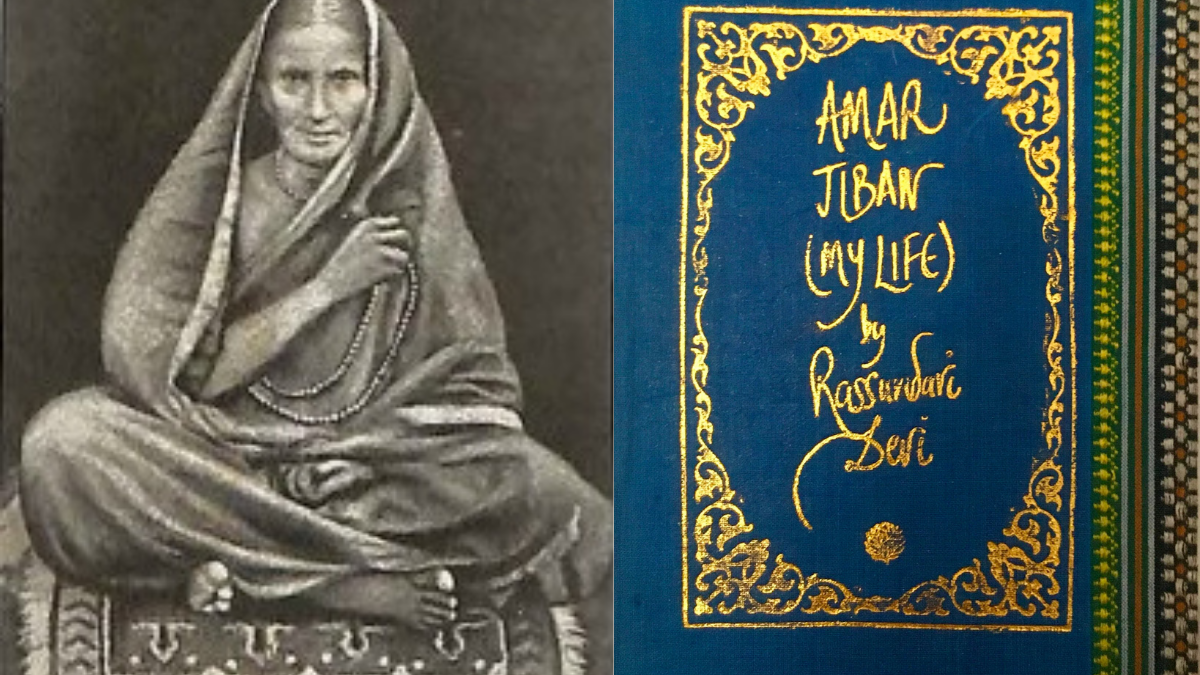What does existence mean to an individual whose history, memory, struggles, and aspirations are systemically invisibilised by a loveless and hierarchical society? What does it mean to belong when one’s life is not registered as part of the national imagination and when your reality has no place in any dominant discourse? In a social order where the privileges of some are derived from the generational deprivation of others, what does it mean to dream and succeed? Yogesh Maitreya’s memoir Water in a Broken Pot is an answer to these and many other questions that Brahmanical society fails to ask because answering them means calling out their own oppressive role in history and laying bare their casteist delusions.
Remembering is a radical act for Yogesh. In a casteist society that has the power to make Dalits forget who they are, memory becomes the only tool for Dalits to carve a space for themselves in history. By instrumentalising memory, the author is in fact embracing a larger subaltern method of resistance.
It is this Savarna silence that Yogesh Maitreya’s account disrupts through the act of remembering and writing down memories; they are memories of a Dalit man which are always mocked by a casteist society.
Remembering is a radical act for Yogesh. In a casteist society that has the power to make Dalits forget who they are, memory becomes the only tool for Dalits to carve a space for themselves in history. By instrumentalising memory, the author is in fact embracing a larger subaltern method of resistance. In a Brahmanical society where reading and writing is an elite preoccupation intentionally kept from the oppressed, memory and its transmission through oral medium becomes the only way to preserve the past.
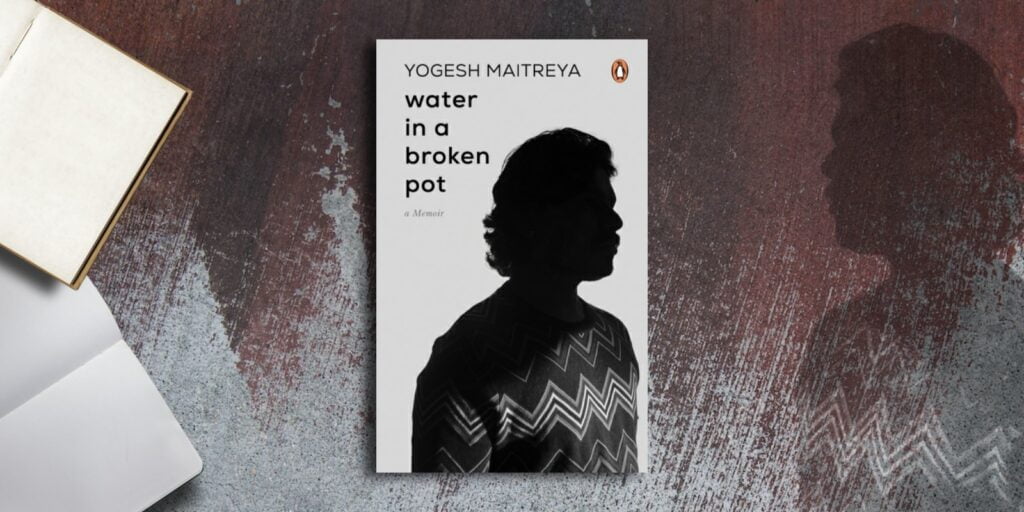
Hence, memory becomes the only possession of Dalits to see themselves in history. Through his work, Yogesh Maitreya is redefining the idea of history itself, calling out Savarna histories of the nation and that of the Dalit community which are incapable of understanding lived realities in a caste society. However, he doesn’t want to become another memory in the process, instead, he wants to become a ‘discourse in the field of hope’.
This memoir is an arduous journey facilitated by the author’s determined search for agency. And it is a medley of many things: movies, books, love, sex, marijuana, spirituality, music, poetry and several others. None of these are inane activities of a blissed-out youth. Rather, they are threads that make the complex tapestry of Yogesh’s life and memories.
This memoir is an arduous journey facilitated by the author’s determined search for agency. And it is a medley of many things: cinema, books, love, sex, marijuana, spirituality, music, poetry and several others. None of these are inane activities of a blissed-out youth. Rather, they are threads that make the complex tapestry of Yogesh’s life and memories. He subjects each one of them to intense evaluation and critique to uncover hidden hierarchies and caste prejudices in every sphere of life. However, they also help him to find comfort, see the world more clearly and evolve a philosophy. Love and language, I believe are the core elements in the author’s search for meaning. But these ideas do not mean the same for all in a casteist culture where the Dalit people are denied what they seek to survive.
For Yogesh, love is home, love is embracing each other without prejudice and love is emancipation. He finds love in Savarna women. For carriers of opposite histories, love becomes a political act. However, in Yogesh’s life, inter-caste love is not a romanticised, musical bliss that acts as a magical solution to everything. There is selfishness, paranoia, agony, violence and moreover hierarchy. The act of inter-caste love in itself doesn’t annihilate caste but only threatens it by teaching us to embrace one another.
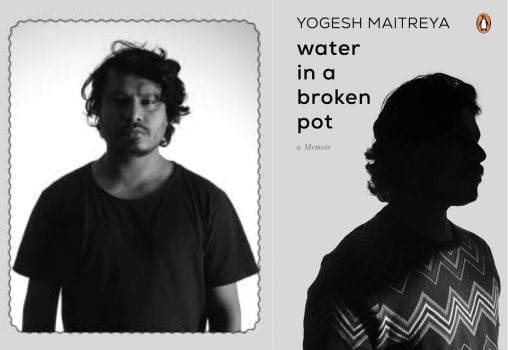
The author’s articulation of the dynamics of inter-caste love through poetry is hard-hitting:
“In inter-caste love stories,
the distance between two is not horizontal, it is vertical,
it seems always reachable
but is always untouchable.”
The search for language is a recurring element throughout the work, just like love. Language, which is a prerequisite to penetrate the emotional world of a human being is simply inaccessible to a Dalit person. The lack of language then converts into a struggle to find meaning, to detangle the complexities in one’s life, leading to intense bitterness and paranoia. The language of white and Savarna people does not offer solace to the Dalit community because it negates their existence. This reality particularly hits readers in a line where a friend asks Yogesh, “The question is not whether we (Dalit-Bahujans) understand English or not: the question is whether English understands us or not?”
In his critique, Yogesh Maitreya rightfully refuses to spare modern forms of expression as well, such as cinema, literature and academia. They have either invisibilised Dalits or reduced them to the “other” of our society. In the escapist world of cinema, Indian culture has always been the Savarna culture that Dalit-Bahujans are to aspire for, preventing them from reaching their truth.
In Yogesh’s search for meaning and fulfilment, readers realise that the worst encountered feeling for a Dalit person is the lack of a sense of belongingness and the loneliness thus produced. The public sphere is arguably a glitzy, liberal Savarna domain full of symbols of dominance, alienating the Dalit. In his critique, Yogesh Maitreya rightfully refuses to spare modern forms of expression as well, such as cinema, literature and academia. They have either invisibilised Dalits or reduced them to the “other” of our society. In the escapist world of cinema, Indian culture has always been the Savarna culture that Dalit-Bahujans are to aspire for, preventing them from reaching their truth.

In the world of literature too, language is reproduced and meanings are ascribed based on Savarna ethos, preventing Dalits from finding any value or solace in the written word. The author also describes his life in TISS, Mumbai while doing his Masters. This experience is revelatory of the superficiality of academia that reduced caste into a single story, a common narrative of victimisation, failing to uncover the emotional complexities in the life of a living, breathing Dait. The research methodologies and pedagogical language reduce the Dalit community into research material to serve a narrative of oppression. Their voice and aspirations hold no place here.
Yogesh Maitreya reverses the Savarna gaze on Dalits by making upper-caste sensibilities the subject of his focus. While the operation of caste is mostly imagined in terms of the advantages faced by Dalits, the author lays bare the equally significant corollary of the caste system, which is a privilege. The book touches upon but doesn’t excessively focus on incidents of caste-based violence because the point is not to see caste only in physical atrocities but also in invisible systems that serve unearned privilege to the upper caste. Caste is therefore the invisible leviathan that overpowers all of us. In Maitreya’s poetry, it is akin to electricity where the wires are visible but the current can only be experienced.
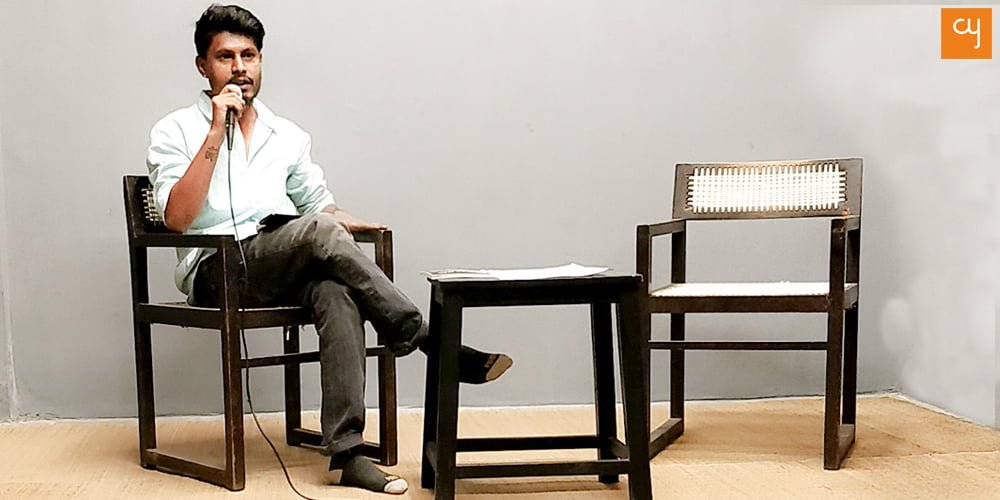
Water in a Broken Pot is a call to recognise Dalits as a mind, a thinking-feeling mind. Yogesh writes that he will wake up in the readers’ minds once we close the book. And he does. The memories of Yogesh and that of an entire community wake up in us and they are not to sleep soon. They are memories of veiled pain, deprivation, love, friendship, and aspirations and they are here to define and assert the meaning of their existence.
